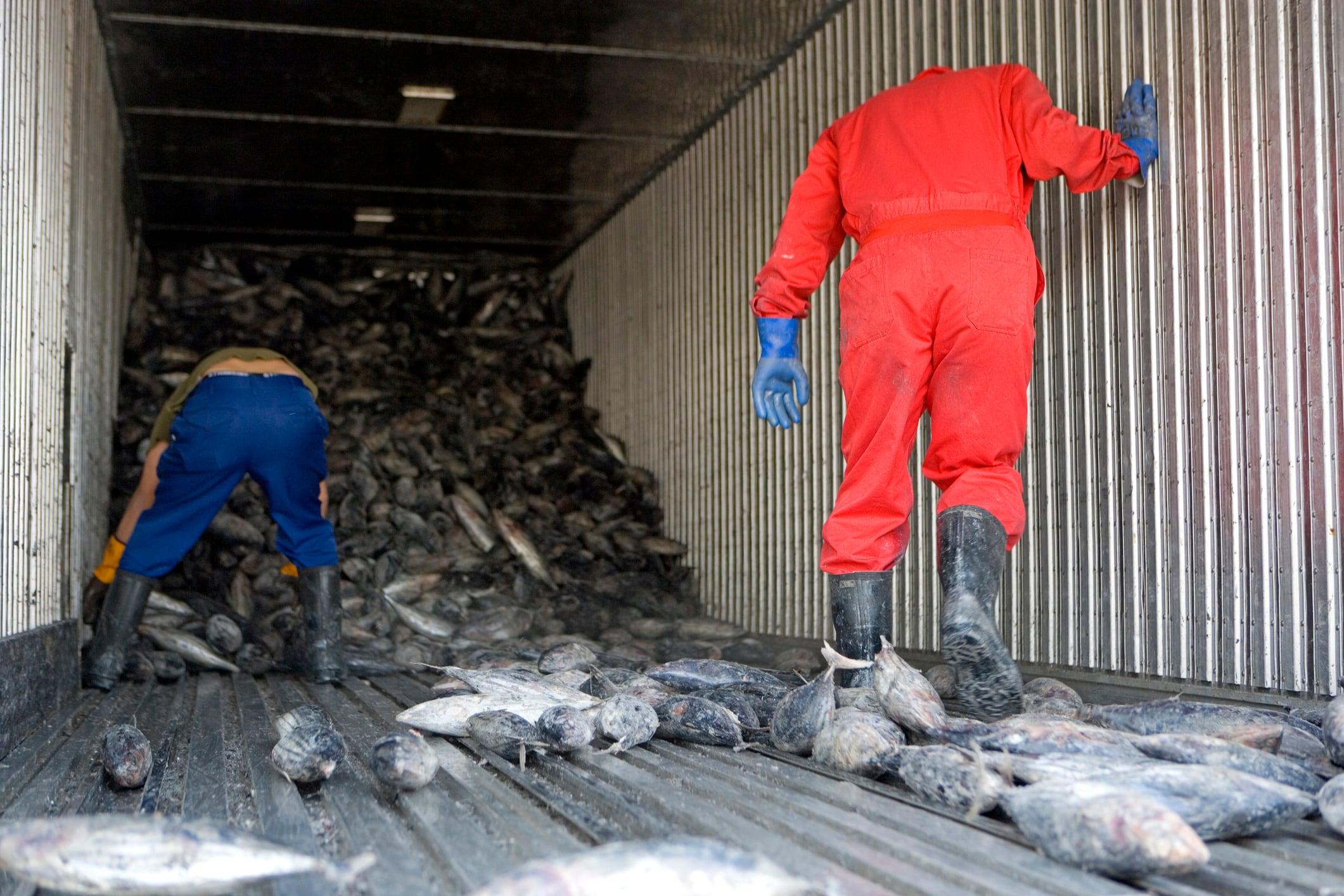
Fish fraud threatens industry profits and consumer safety
The fish and aquaculture sector is rife with mislabelling of fish species, adulteration, and outright theft
News & Analysis on Food & Beverage Development & Technology

The fish and aquaculture sector is rife with mislabelling of fish species, adulteration, and outright theft
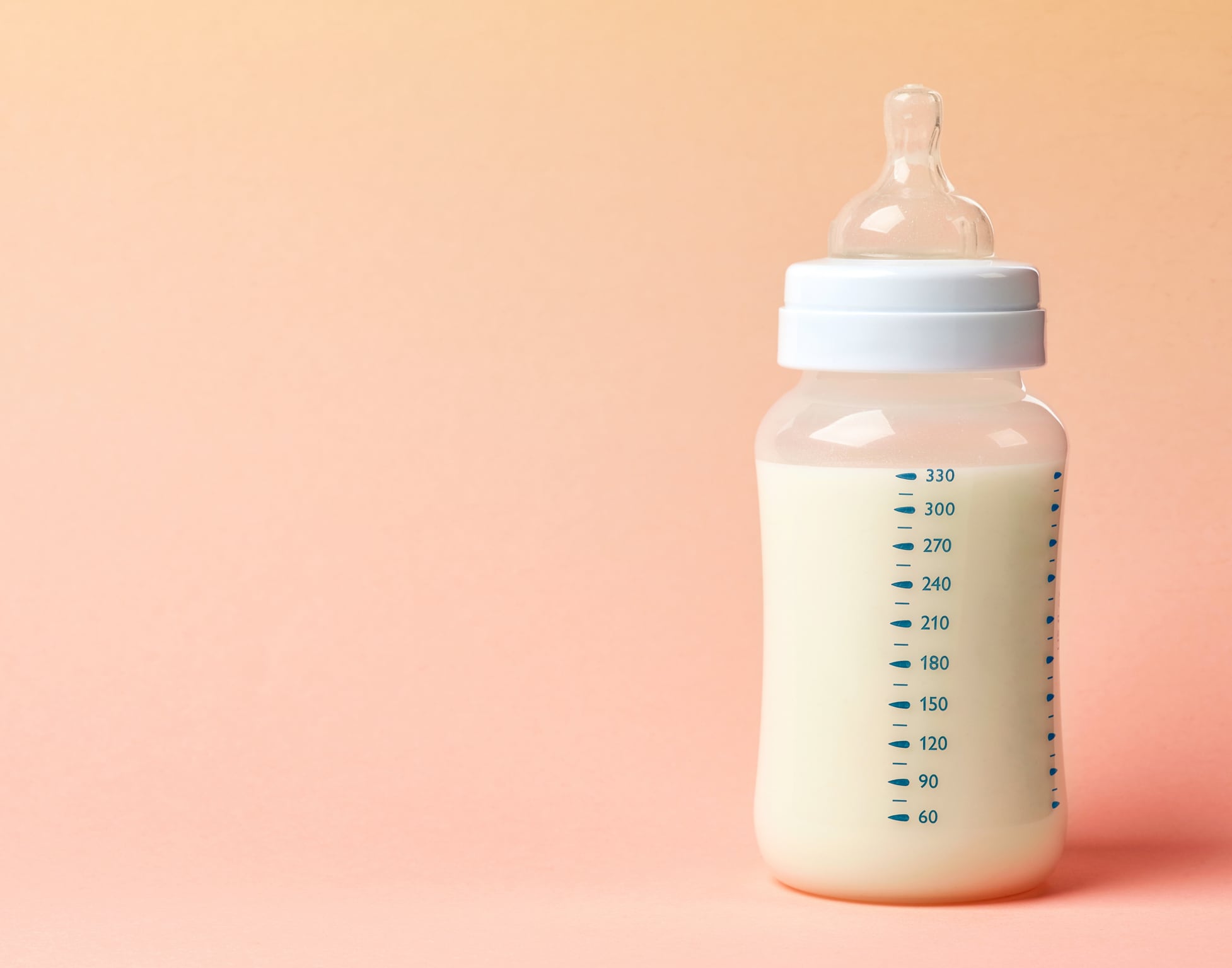
The infant formula contamination crisis continues to unfold. Here’s what we’ve learnt since yesterday

The type of fibre consumed, rather than just the amount, is important for consumers to take into account
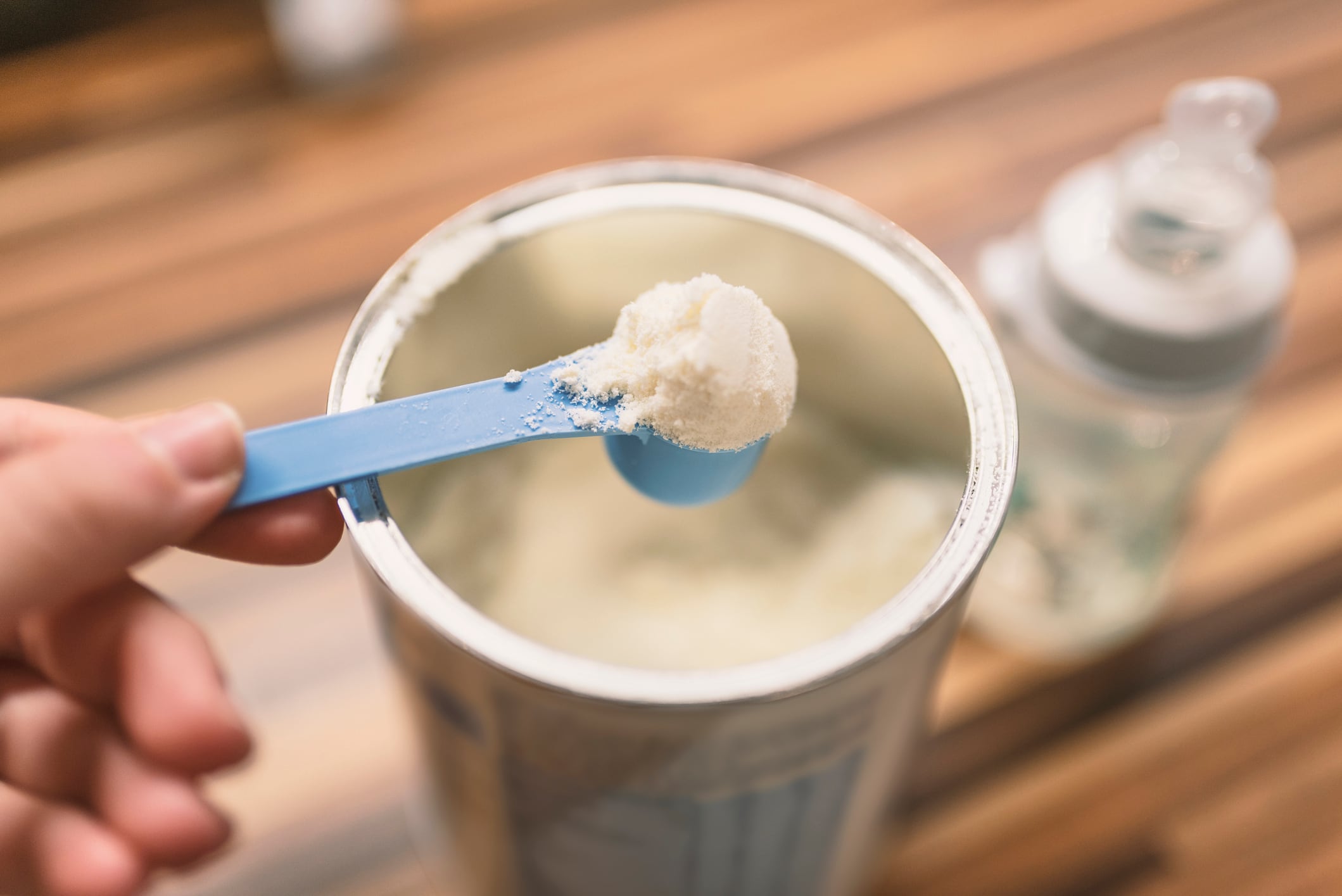
Global formula recalls expose multiple players to financial risk - but which parts of the supply chain bear the biggest losses?

The food safety body has ruled that the sweetener is still safe, but not in bakery

Industry needs to look beyond fields and factories to where climate change is hitting supply chain blind spots

As the population changes, food will have to reshape itself around the needs and preferences of its demographics

The Swiss major has joined calls for harmonized safety standards on cereulide, the toxin at the center of a major infant formula recall
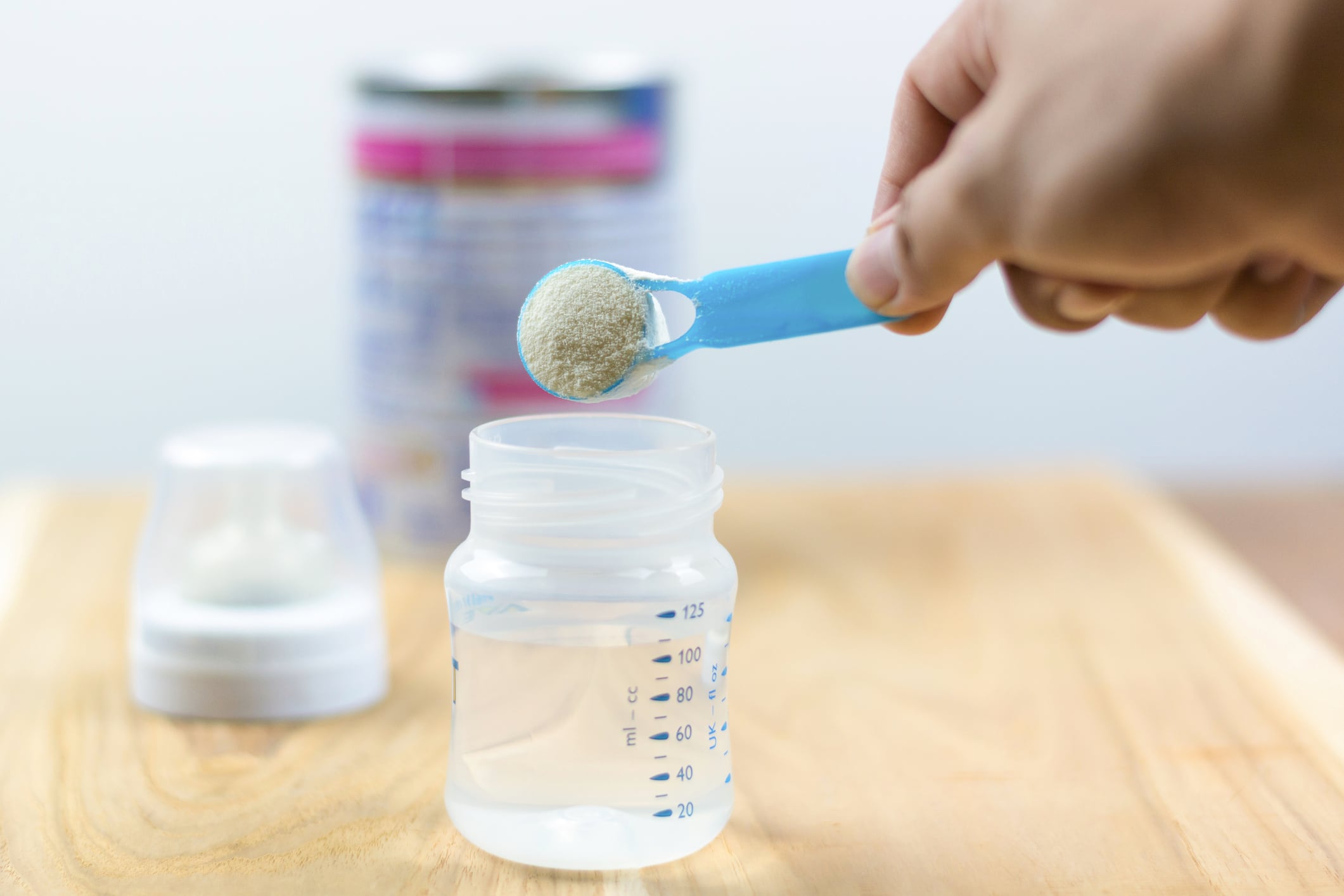
It’s hoped EFSA’s proposed limits will offer clarity for manufacturers and regulators alike
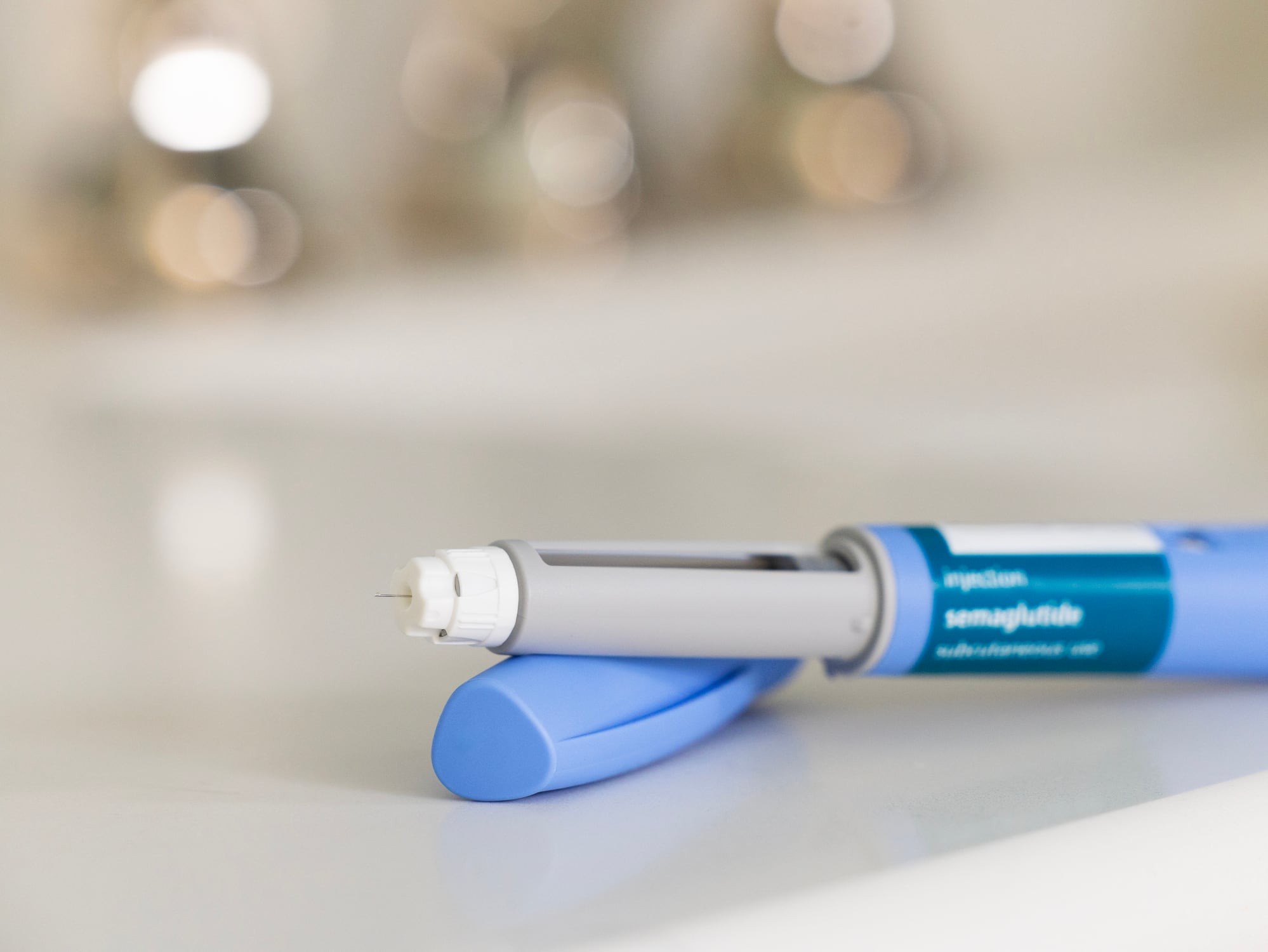
Reports around GLP-1 drugs’ potential links to the illness have spurred regulators into action

As climate change intensifies the global food system is being stretched to its limits. Can real‑time data and rapid response strategies help manufacturers stay ahead?
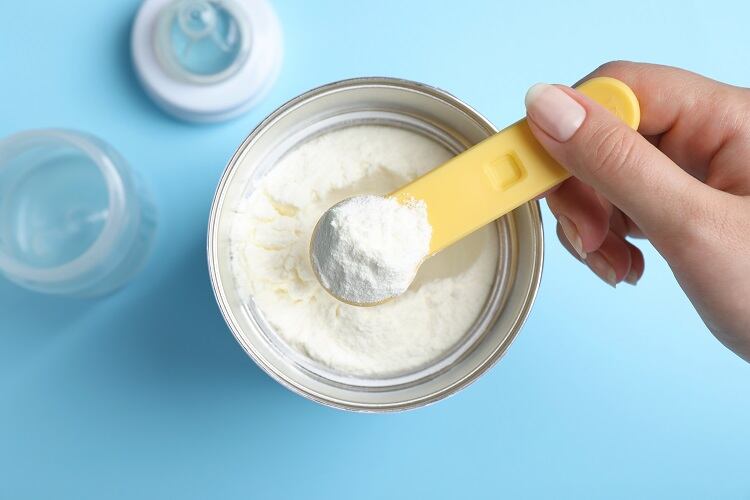
Manufacturers and food safety authorities are under fire after a toxin was discovered in infant formula batches. Here’s what we know so far

Candy in the crosshairs
Even without enforcement action, publicly released contaminant data could fuel lawsuits, consumer confusion and regulatory scrutiny, while also undermining federal oversight
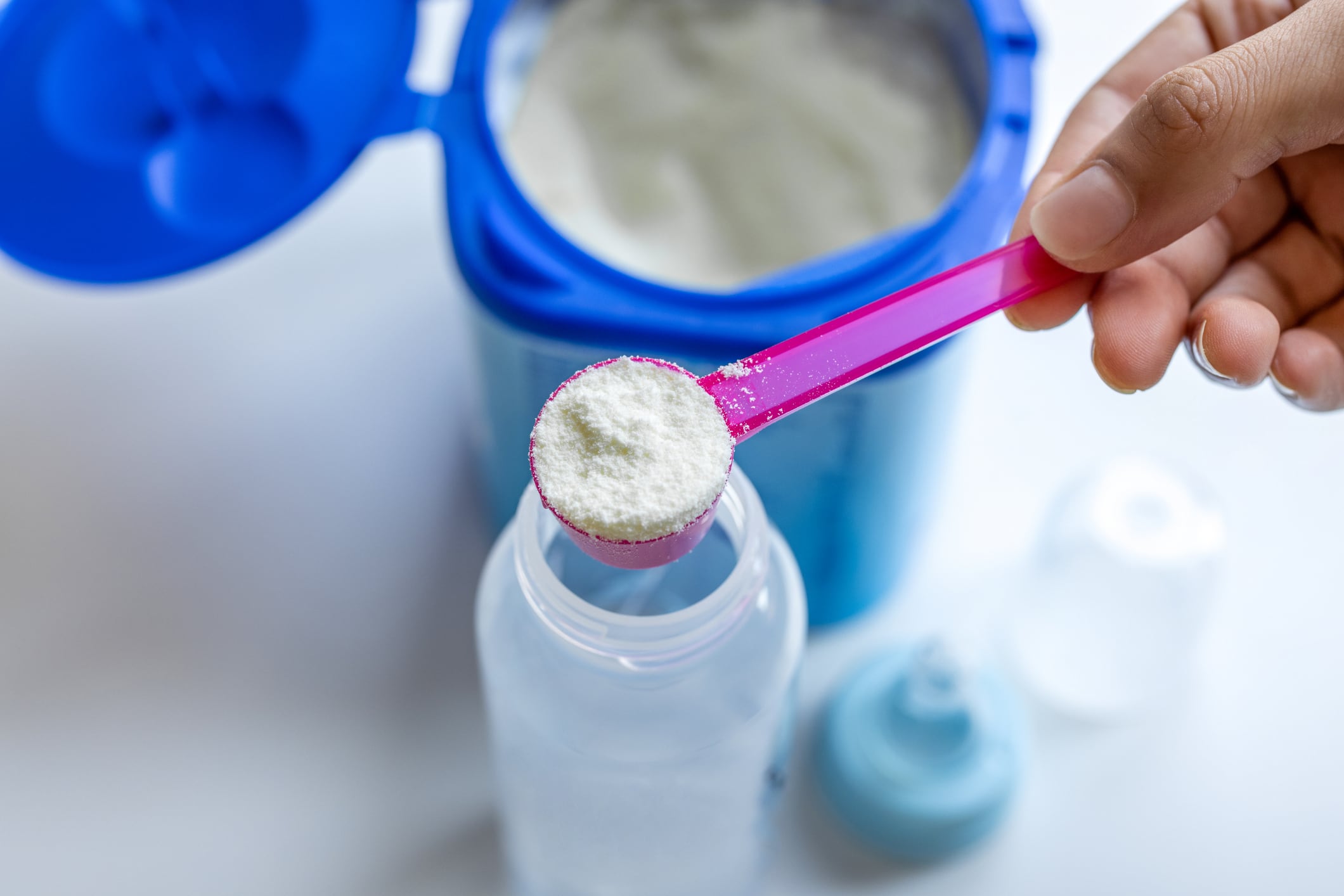
In the midst of an international infant formula contamination crisis, a lesser-known toxin is drawing fresh attention

Opinion
Nestlé, Danone and Lactalis are navigating one of the biggest crises in food and drink this year, so what next for the communications strategy?

The social media platform can drive food trends to the point where they move markets
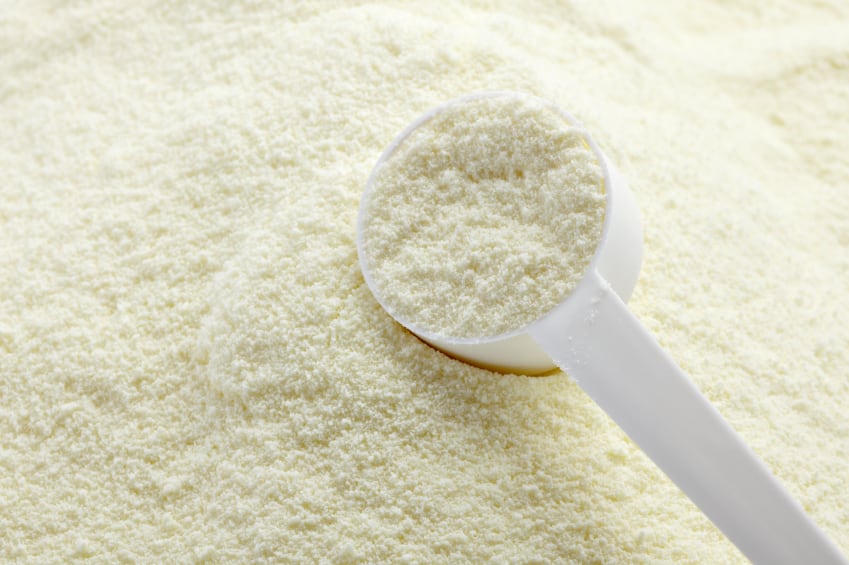
Industry and regulators are left guessing as no official limits have been set for cereulide

When the infant formula crisis emerged, communications teams at Nestlé will have mobilised. Here are the likely steps businesses take at crunch time

Nestlé’s new sustainability partnerships could redefine regenerative agriculture for the wider industry
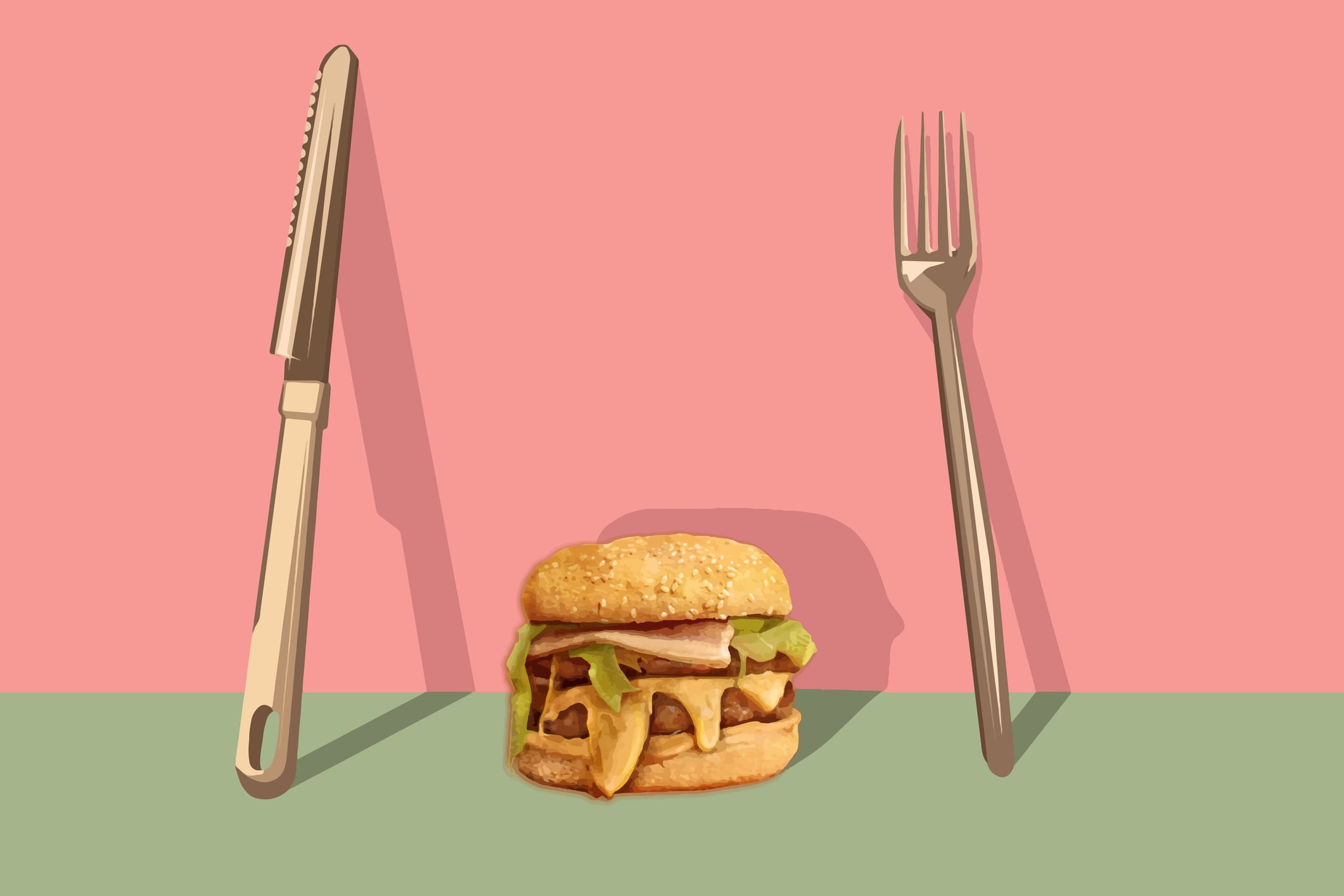
Recipe box company Gousto’s campaign is the latest high-profile initiative taking aim at ultra-processed foods

Infant formula contamination recall is damaging company reputations and hitting shares
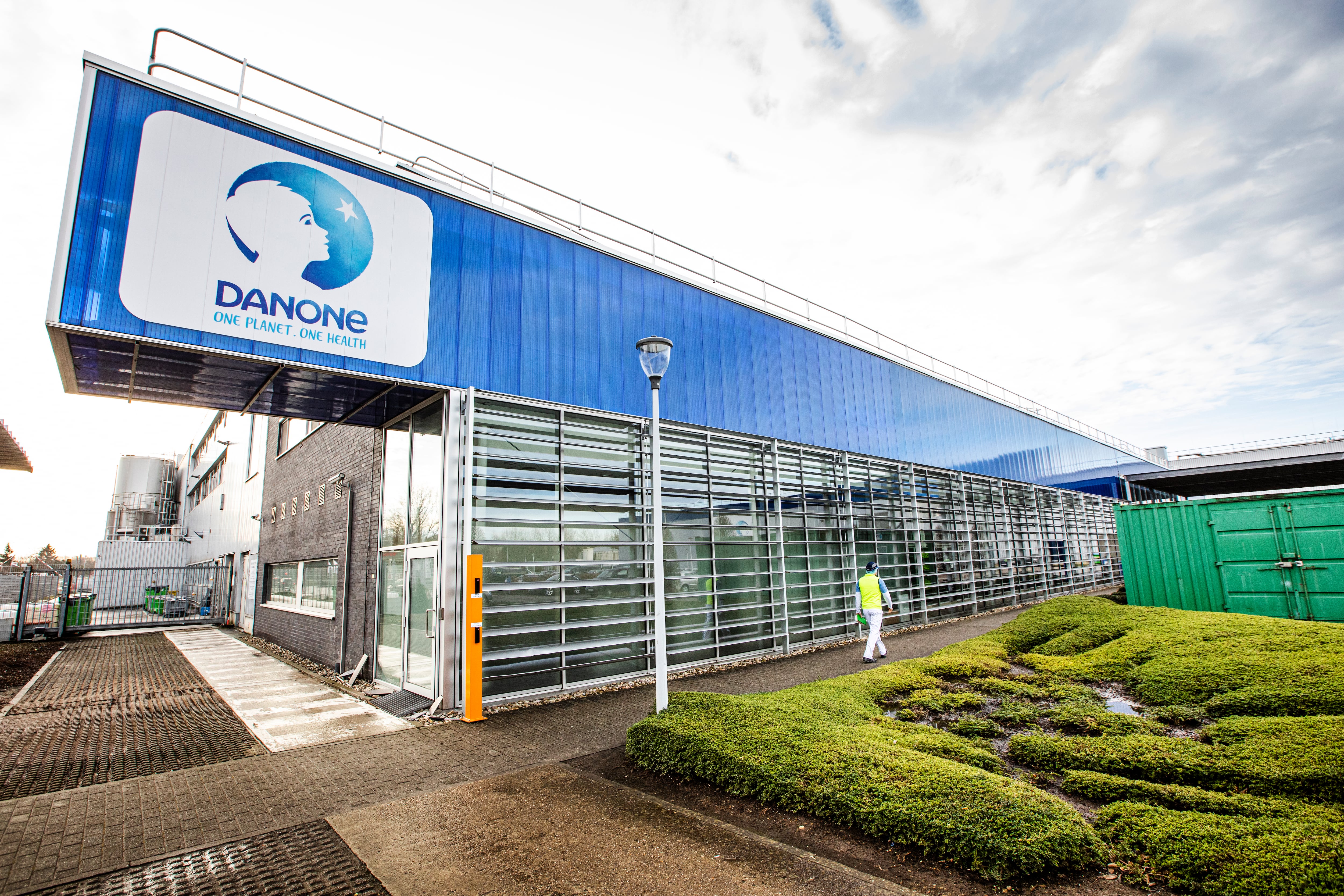
The detection of cereulide in a batch of Aptamil infant formula pushes Danone deeper into the crisis

French prosecutors are investigating two infant deaths after babies were reported to have consumed formula linked to a global contamination recall
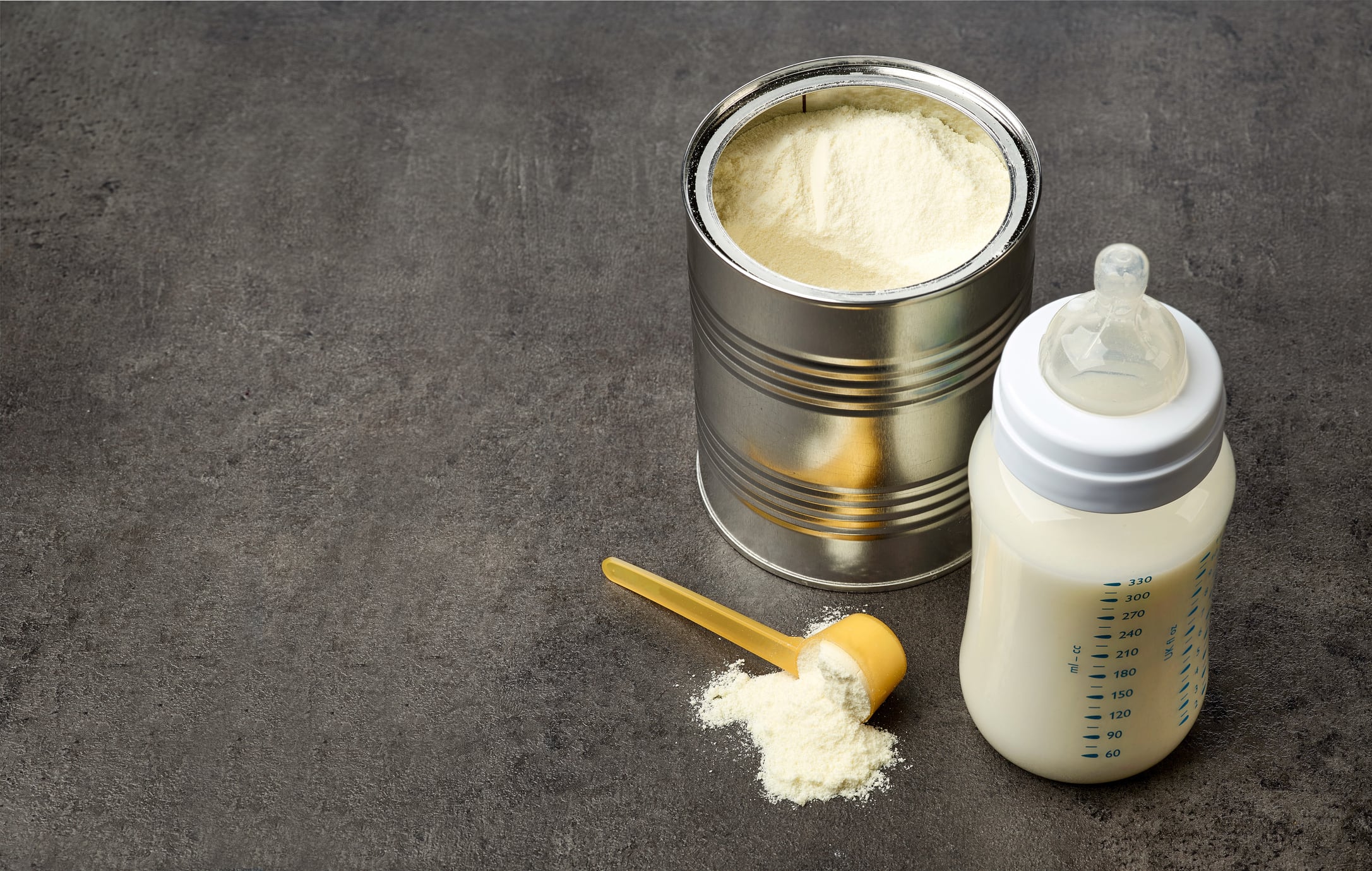
The EU is ‘not dedicating sufficient resources’ to tackle recalls, a consumer watchdog warned
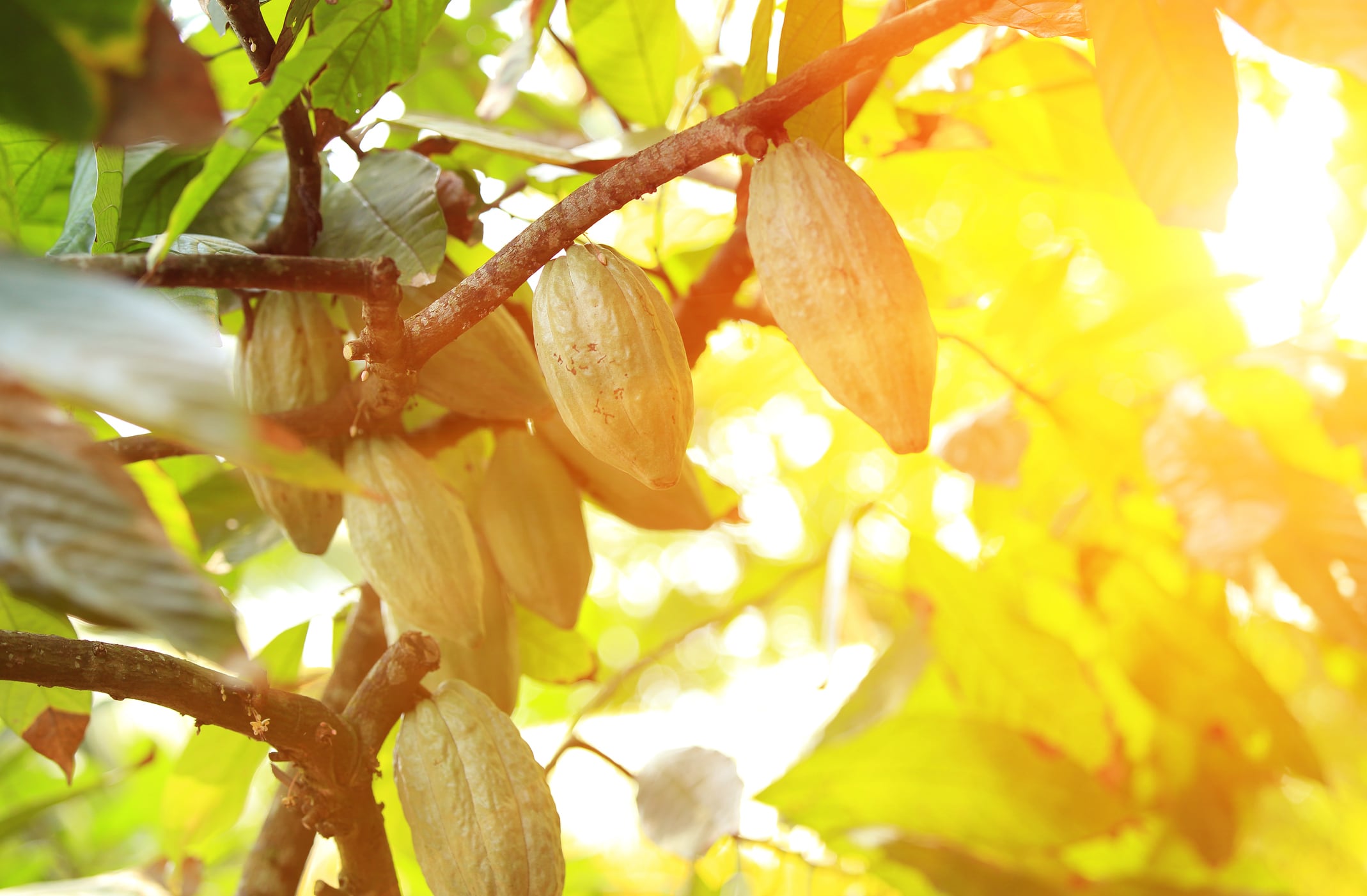
Right now, the dizzying price spikes of the past two years have largely disappeared
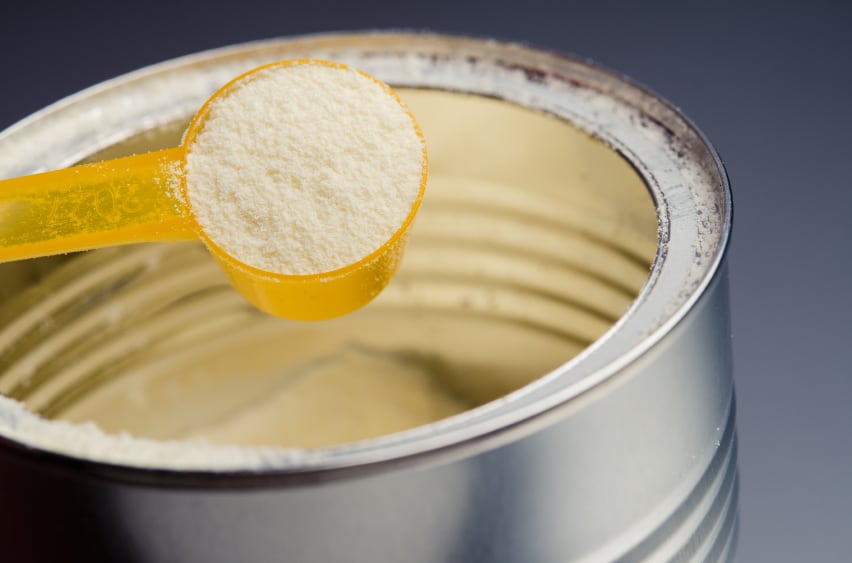
Two dairy majors have pulled infant formula products as cereulide fears spread beyond Nestlé

New research links common preservatives to higher risks of cancer and type 2 diabetes. What does this mean for clean label trends and the future of food innovation?
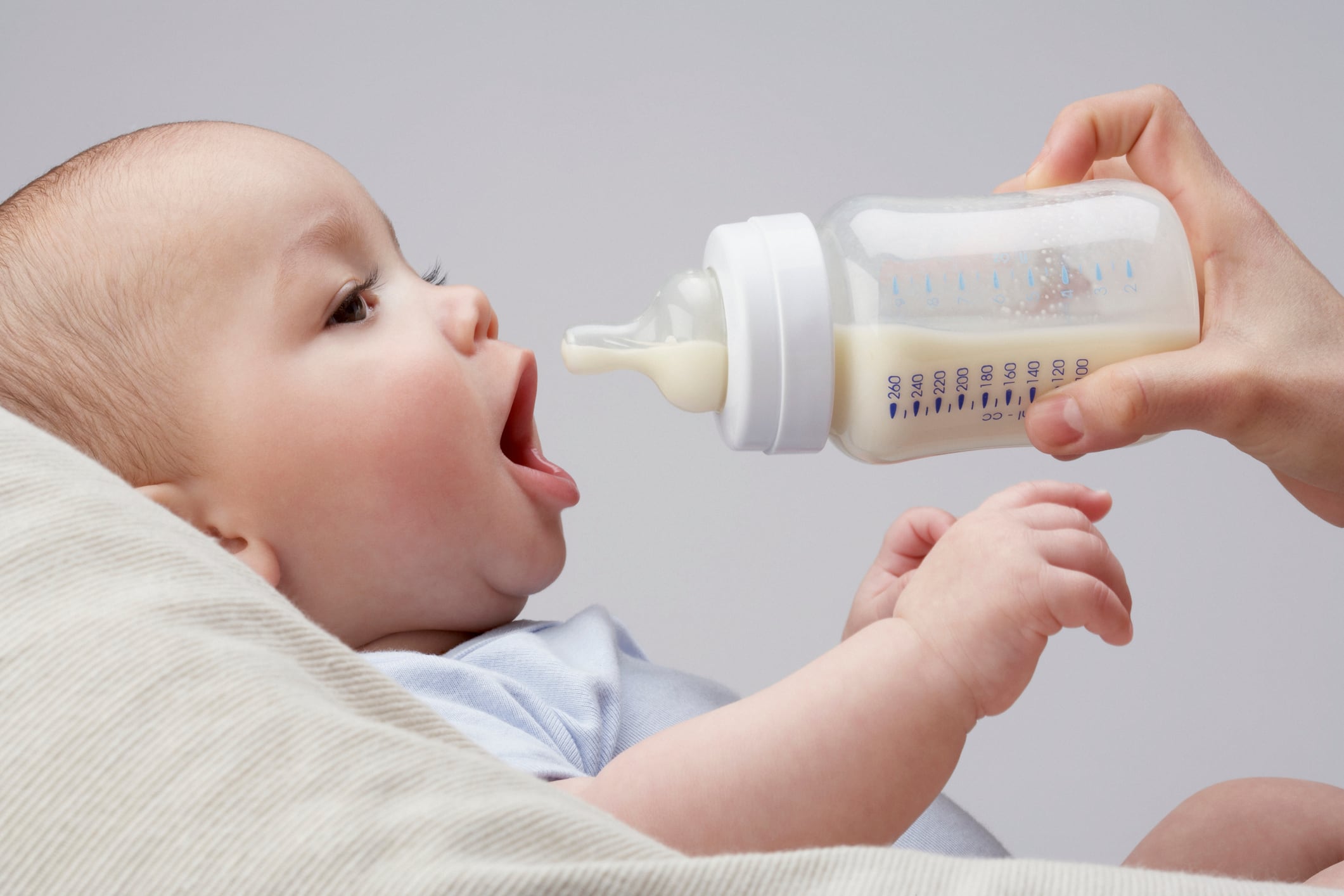
British infant hospitalised after consuming recalled Nestlé formula – key questions about the contamination risk remain unanswered
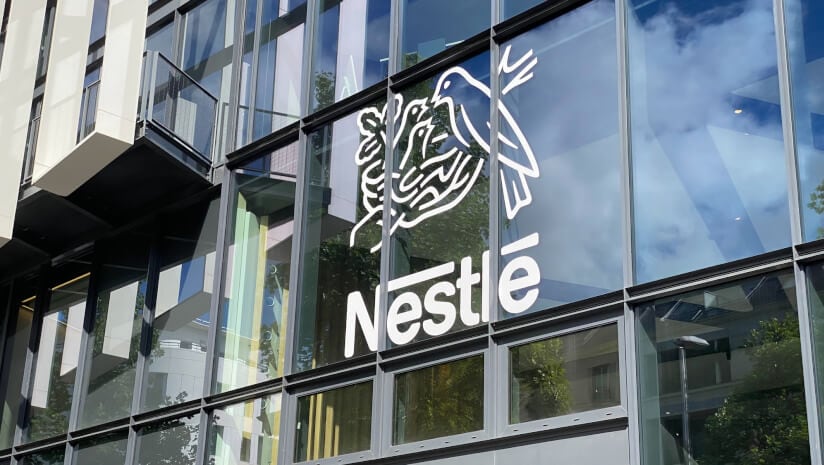
We look at the supply, safety and quality control implications for infant formula manufacturers and ingredient suppliers

Foods that do not meet the definition of ‘non-ultra-processed’ are UPFs by default

Cyber crime is hitting food and drink hard, exposing just how quickly supply chains can break. What can industry do to protect itself?

The CPG major faces the biggest product recall in its history - and investors want answers

Water is a vital part of food production

Nestlé faces global scrutiny as infant formula recall widens over contamination fears
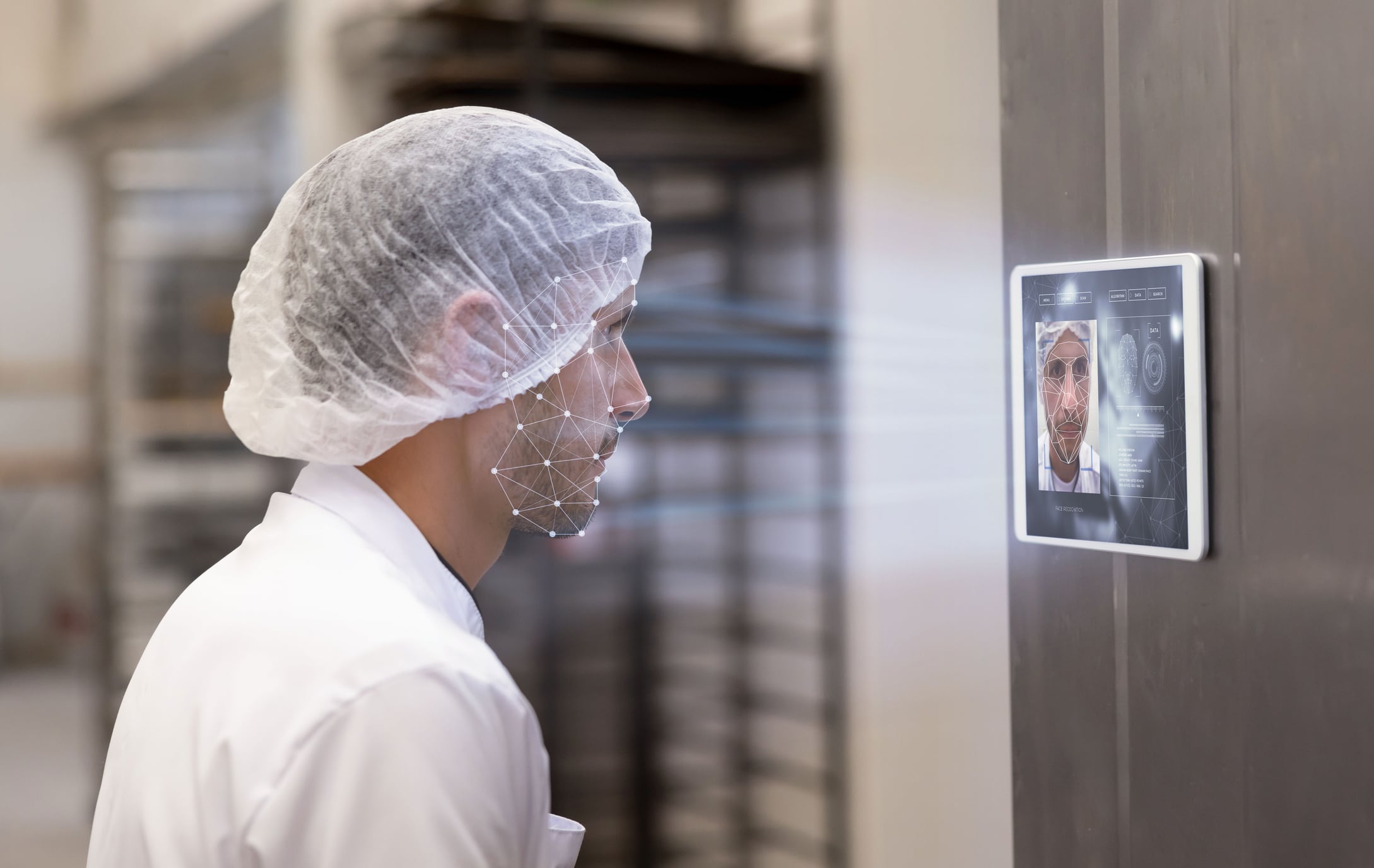
A fresh wave of food fraud is sweeping the globe. What can be done to stop it
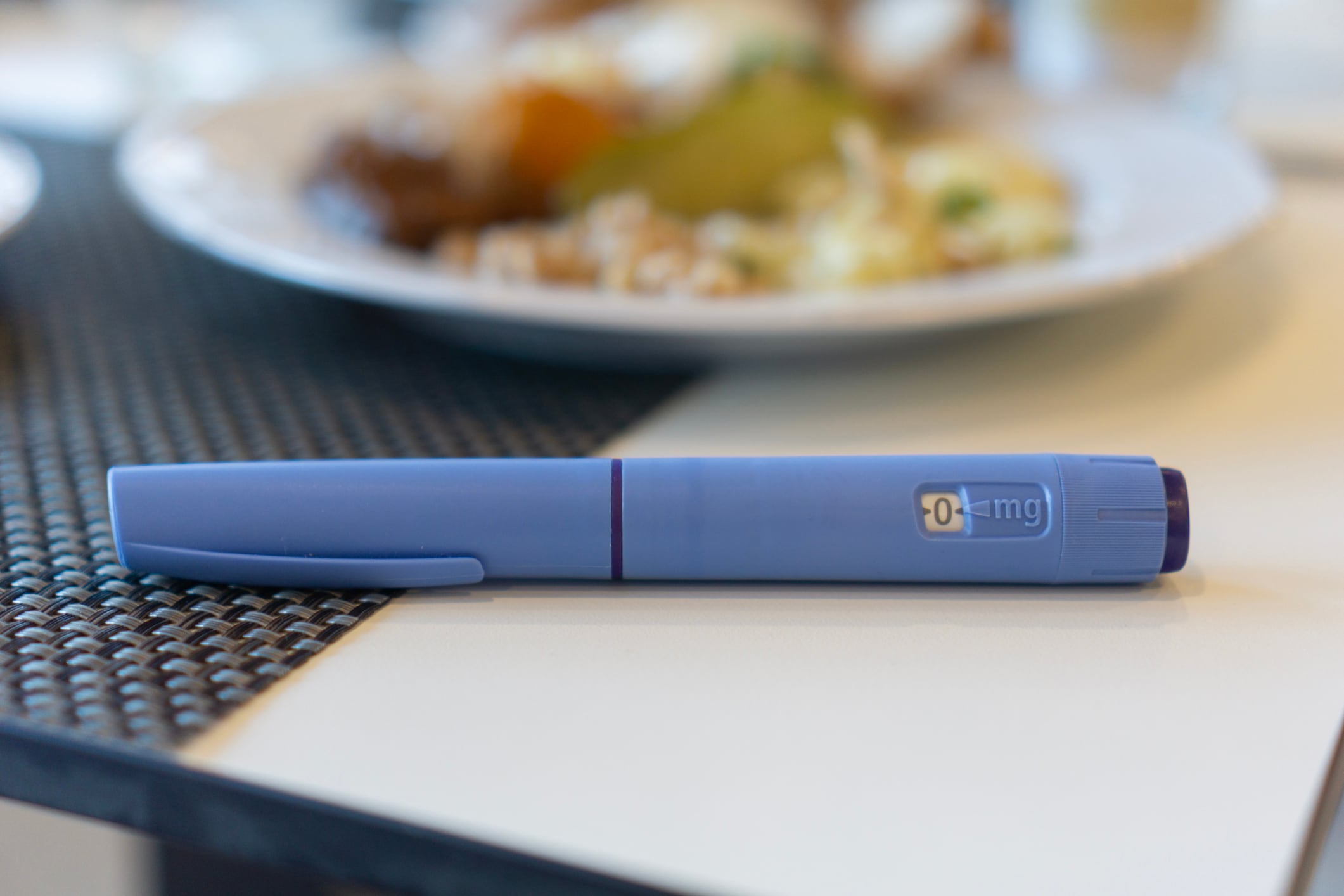
Harmful side effects from the drugs could send consumers to food-based alternatives

Animal welfare concerns have led the UK government to take action on the controversial killing method
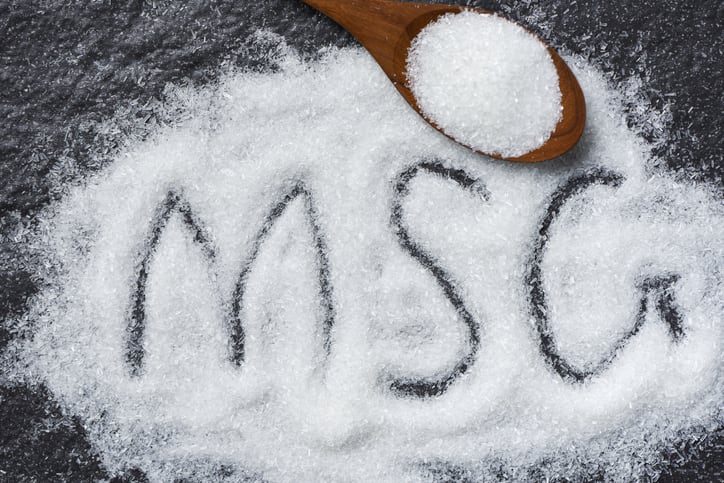
Is it time to bring MSG out of the shadows? Inside the brand leading a bold rethink of one of food’s most misunderstood ingredients.

From yeast‑based oils to CO₂‑derived fats, discover which next‑gen palm oil alternatives are closest to commercial scale and why 2026 could be a breakthrough year
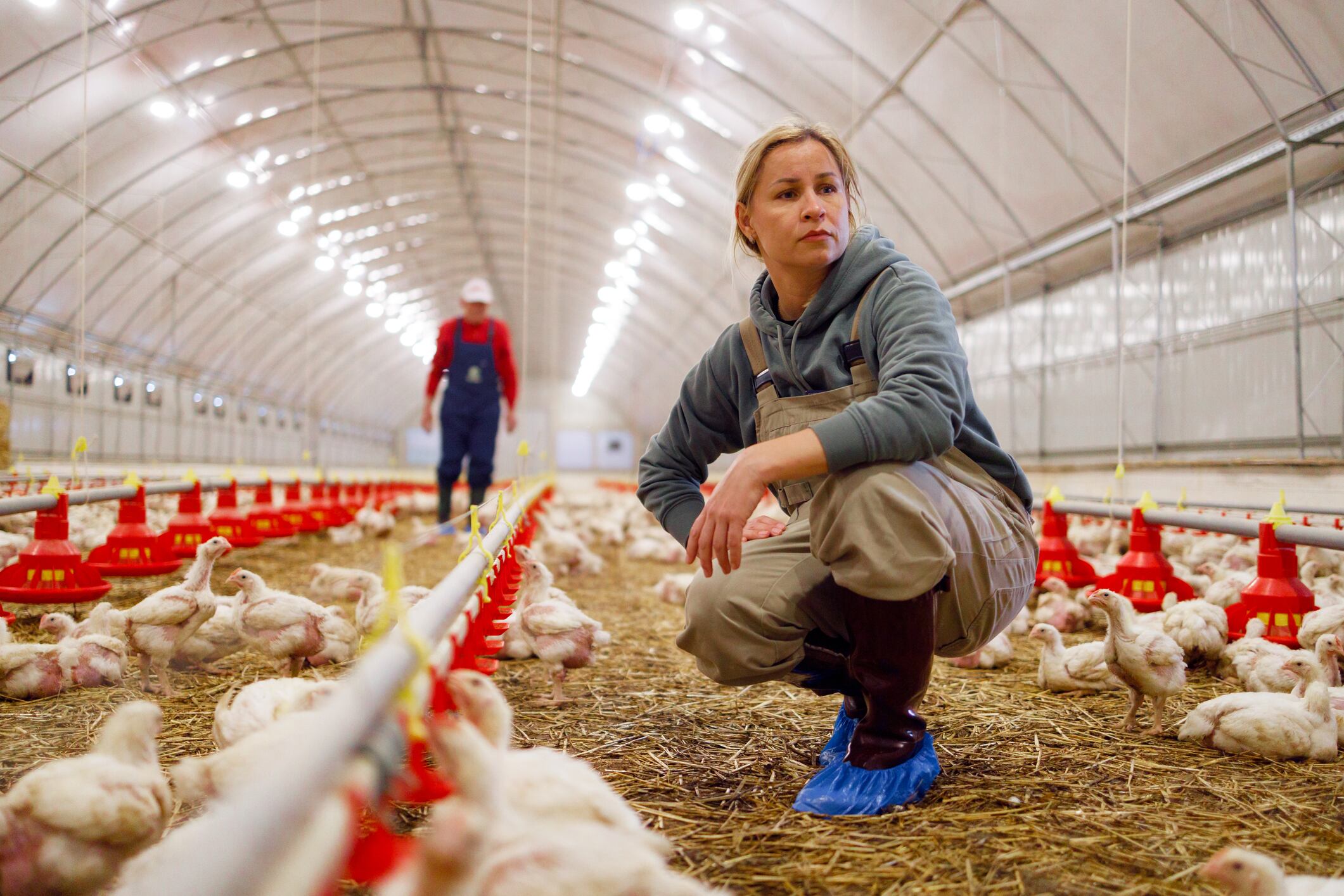
A bird‑flu strain spreading through US dairy herds has Europe on alert, as EFSA warns that early detection and strict biosecurity will be key should the virus cross the Atlantic.

Opinion
By explicitly cutting off novel foods from use in regulatory sandboxes, the EU is stifling innovation

The UK has released its first guidelines on cultivated meat novel food applications

The innovative gene editing technique can make crops more disease and drought resistant, but faces scepticism from regulators and NGOs
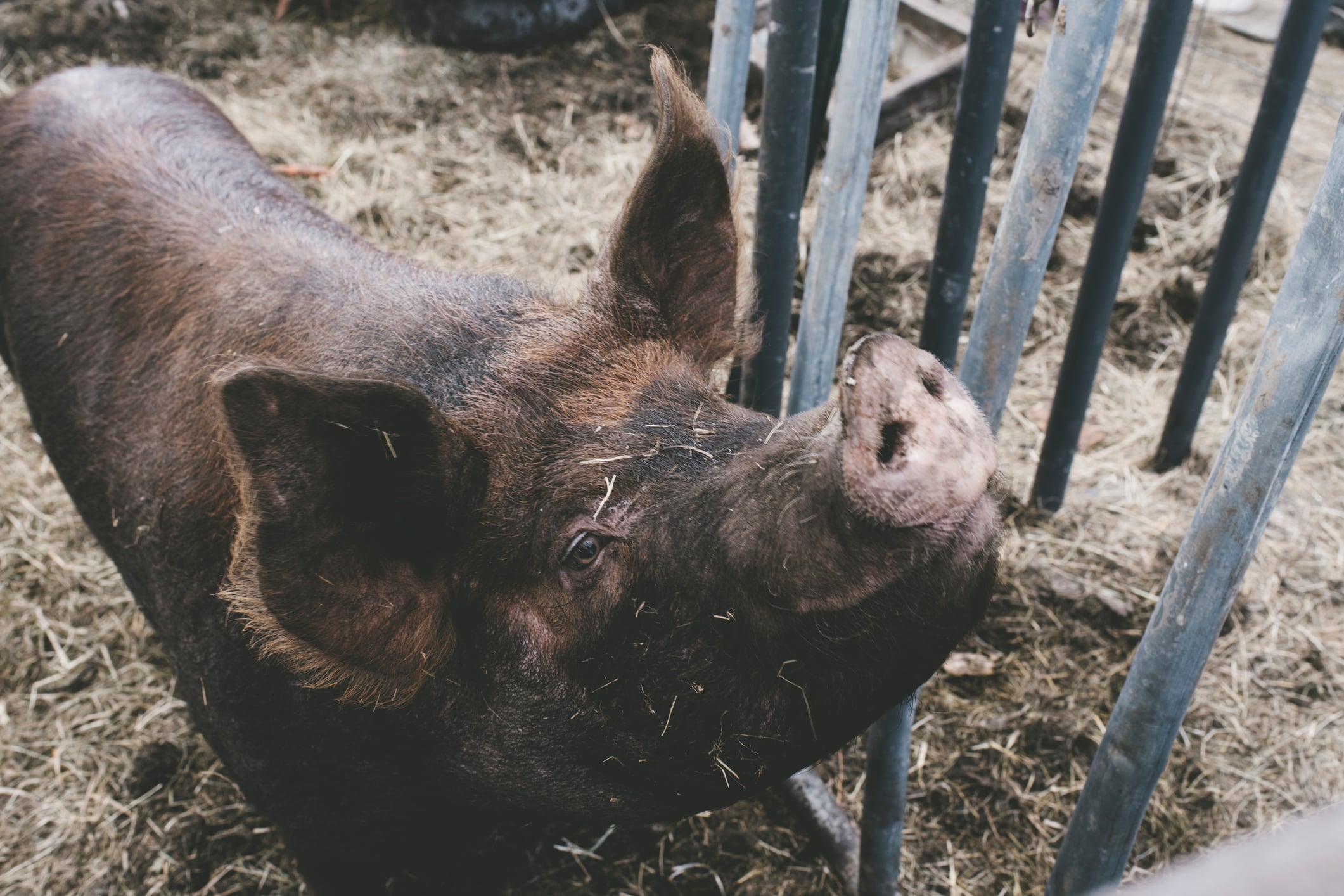
The disease has hit the EU’s largest pork producer hard
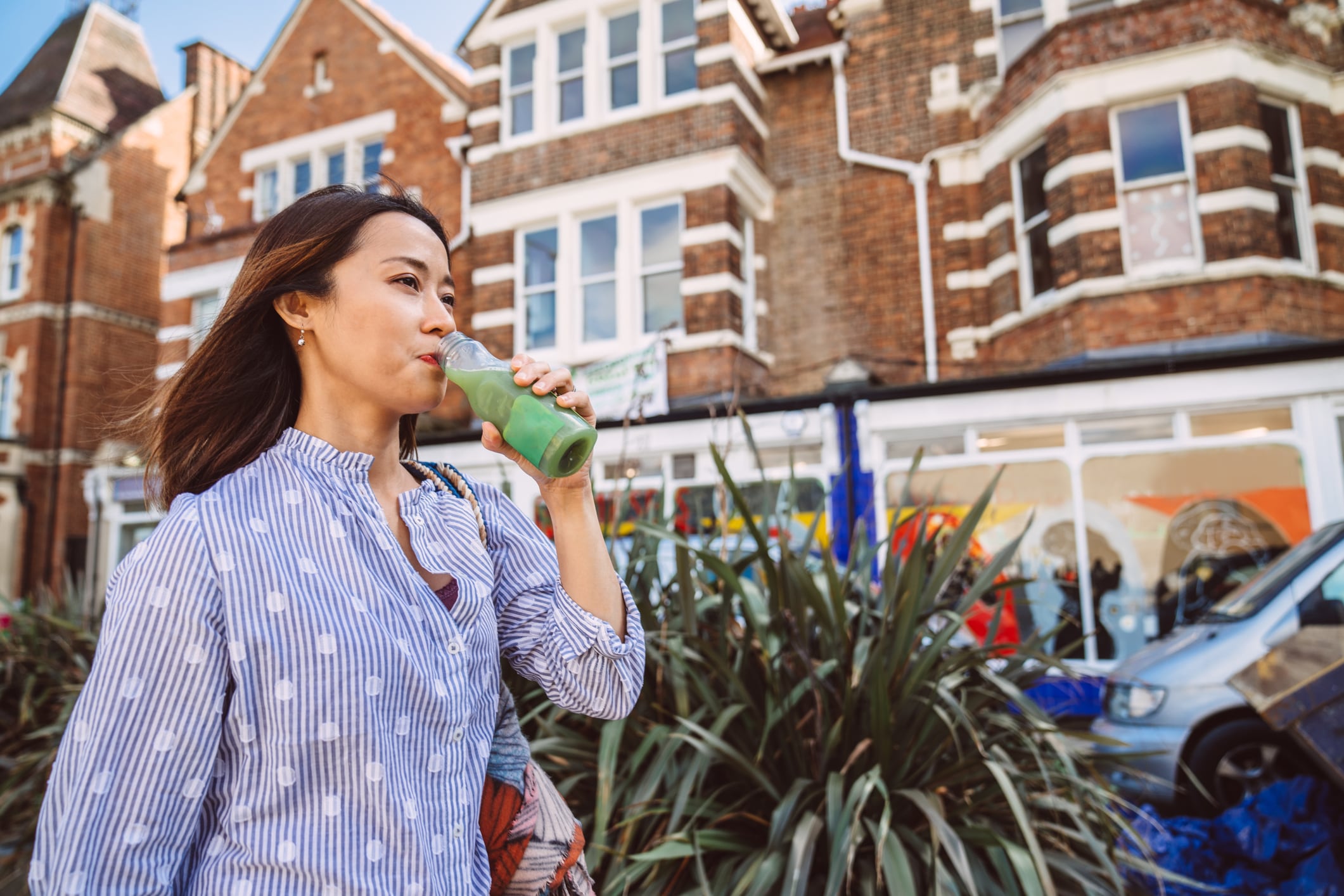
Despite market potential, CBD is restricted in the EU

Discover the trends shaping performance, recovery, and longevity in the next generation of sports nutrition

New research reveals fruits and vegetables carry high pesticide risk
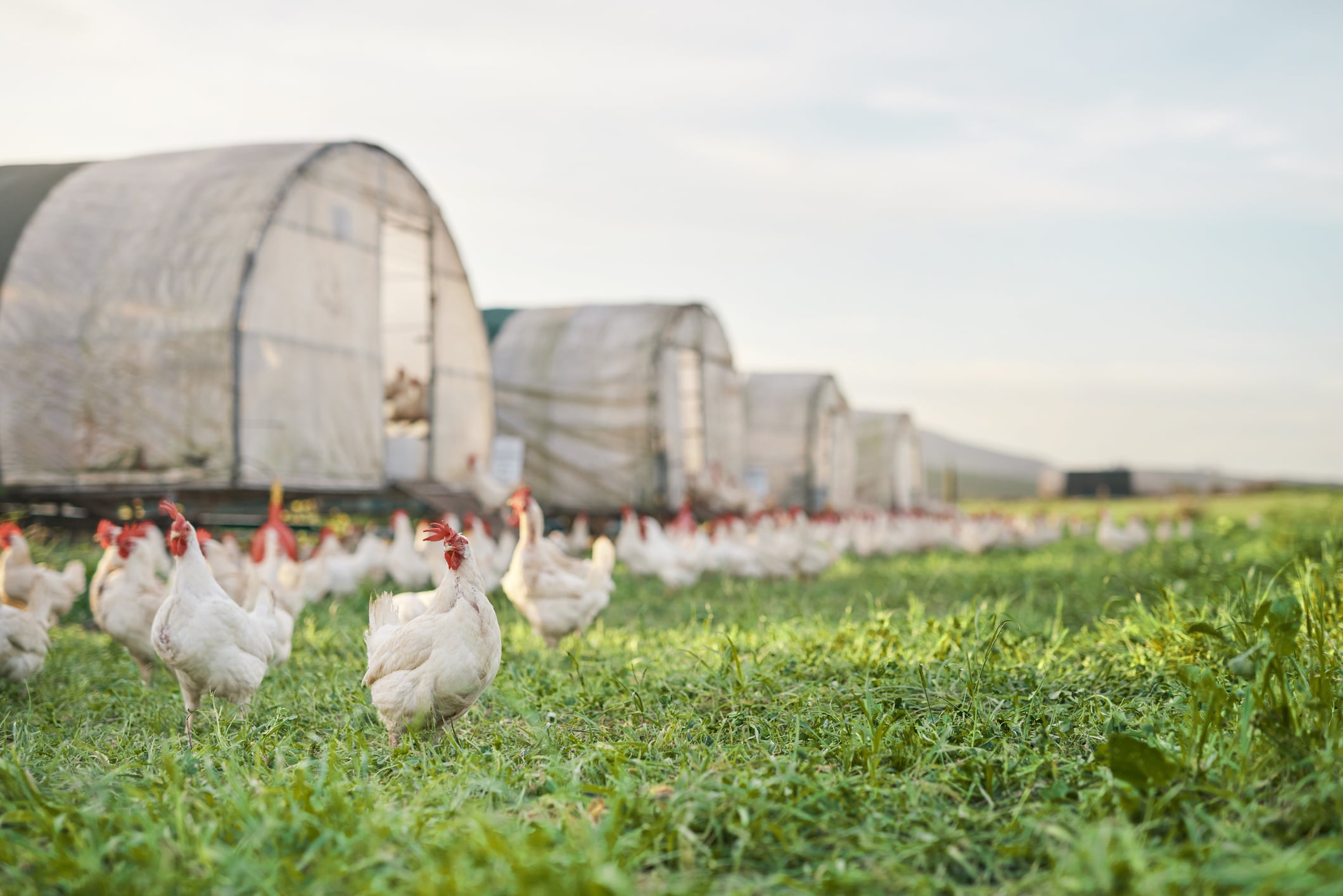
Cases of avian influenza are now four times what they were a year ago

New research linking omnipresent emulsifiers to gut damage and obesity is raising tough questions for manufacturers

Taking out harmful ingredients and putting in beneficial ones cannot alone counteract negative effects of UPFs, says Lancet study